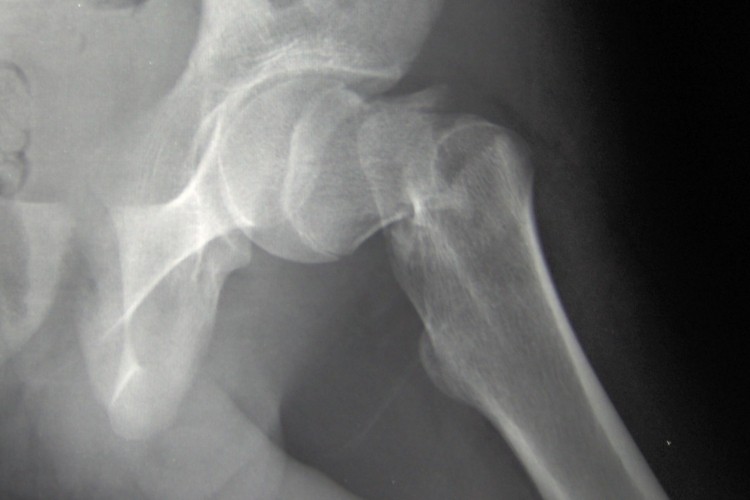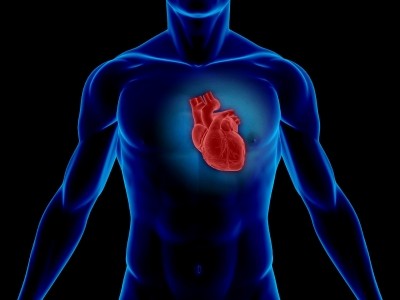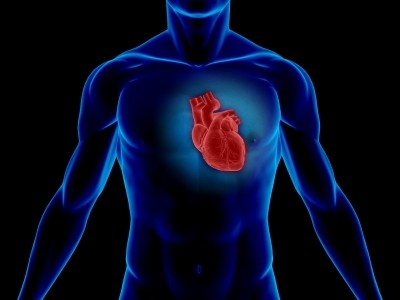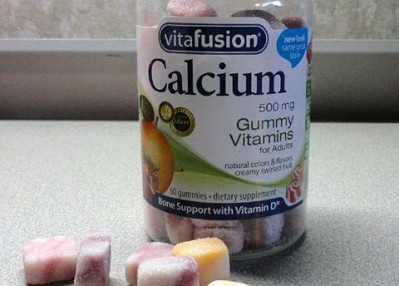Calcium plus vitamin D may slash hip fracture rates: WHI data

The WHI was the largest randomized, double-blind, placebo-controlled clinical trial of these nutrients, and involved 36,282 postmenopausal women in the US. The women were randomly assigned to receive 1,000 mg elemental calcium carbonate plus 400 IU of vitamin D3 daily, or placebo, for an average if seven years.
The initial analysis of the data, published in 2006 in the New England Journal of Medicine (Vol. 354, pp. 669-683), concluded: “Among healthy postmenopausal women, calcium with vitamin D supplementation resulted in a small but significant improvement in hip bone density, and did not significantly reduce hip fracture.”
However, in the 59% of the participants who actually adhered to the supplementation program (assuming 80% or more compliance with taking the supplements) the number of fractures was 29% lower, leading this publication to run with the headline: Calcium/ vitamin D supplements good for bones – if you take them (NutraIngredients-USA, Feb 16, 2006).
Hip fracture benefits
The new analysis, published in Osteoporosis International, reports that, among women not taking calcium or vitamin D supplements at the start of the study, the risk of hip fracture occurrence was 38% lower, compared to the placebo group.
In addition, when data from the WHI clinical trial and the WHI prospective observational study were combined, the risk was 35% lower.
“Though based primarily on a subset analysis, long-term use of calcium and vitamin D appears to confer a reduction that may be substantial in the risk of hip fracture among postmenopausal women,” wrote the researchers, led by Dr Ross Prentice from the Fred Hutchinson Cancer Research Center in Seattle.
The researchers also cautiously reported that there was a suggestion of a lower risk of breast cancer and total cancer among supplement users.
Concerns? No concerns…
In addition, there was no link observed between vitamin D and calcium supplementation and cardiovascular outcomes, which challenges concerns raised by other studies, most recently .
Earlier this week, researchers from the National Cancer Institute, Bethesda reported in JAMA Internal Medicine that high intakes of calcium from supplements may increase the risk of cardiovascular disease for men, but not women.
Source: Osteoporosis International
February 2013, Volume 24, Issue 2, pp 567-580,
“Health risks and benefits from calcium and vitamin D supplementation: Women's Health Initiative clinical trial and cohort study”
Authors: R. L. Prentice, M. B. Pettinger, R. D. Jackson, et al.
















